UN chief says world to pay 'horrific price' over fossil fuels emmissions
United Nations Secretary-General Antonio Guterres has once again raised the alarm about the heavy toll paid by world nations over the consumption of fossil fuels.
Guterres, who is in Pakistan inspecting the vast flood-hit areas, tweeted on Saturday that the world nations were paying a "horrific price" for industrialized countries' use of fossil fuels.
"Pakistan and other developing countries are paying a horrific price for the intransigence of big emitters that continue to bet on fossil fuels," Guterres said in a tweet, shortly before heading to see some of the vast flood-affected areas.
"From Islamabad, I am issuing a global appeal: Stop the madness. Invest in renewable energy now. End the war with nature," he tweeted
Pakistan and other developing countries are paying a horrific price for the intransigence of big emitters that continue to bet on fossil fuels.
— António Guterres (@antonioguterres) September 10, 2022
From Islamabad, I am issuing a global appeal:
Stop the madness.
Invest in renewable energy now.
End the war with nature. pic.twitter.com/P0jtVikv1r
On Saturday, Guterres reiterated that the world needed to stop “this madness with which we are treating nature”. “According to the scientific community, we need to reduce emissions by 25 percent now.”
The UN chief described the current situation as unfair and called on the wealthy nations to provide massive support to work on adaptation, to build resilient infrastructure, to support resilient communities and to create conditions for those who were in the hotspots of climate change, including Pakistan where less than one percent of the global CO2 emission is produced.
He described industrialized countries' relentless consumption of fossil fuels and stubborn resistance to changing to renewable fuels as both insane and suicidal. "This is insanity, this is collective suicide."
Guterres arrived in Pakistan on Friday for a two-day visit to show support and solidarity with the South Asian country hit by devastating floods.
Meanwhile, wealthy industrialized countries, which are responsible for most of CO2 emissions that are causing the extreme weather patterns across the globe, have been dodging the issue. Earlier this week, African leaders criticized wealthy industrialized countries, which are responsible for the CO2 emissions, for trying to evade the issues of global warming and climate change.
Speaking on Monday at the Africa Adaptation Summit climate meeting in the Dutch port city of Rotterdam, Senegalese President and African Union chief Macky Sall, and Congolese President Felix Tshisekedi said wealthy industrialized countries should act responsibly in this regard.
"I cannot fail to note with a touch of bitterness the absence of the leaders of the industrialized world," Sall said at the opening of the event. "Because these are the main polluters of our planet and it is they who should finance adaptation."
The Senegalese leader added that it was "not just the fate of Africa that is at stake but the fate of humanity and the future of the planet."
Tshisekedi of the Democratic Republic of Congo also had harsh words for Western leaders, with Dutch Prime Minister Mark Rutte being the only one who showed up to the summit in person.
"I deplore the absence of the leaders of the industrialized nations and the private sector who are, as we know, the greatest polluters," Tshisekedi said.
"The African continent has the smallest impact on climate change, but paradoxically suffers the majority of its consequences," he said.
The continent of Africa emits just about three percent of global CO2 emissions, former UN chief Ban Ki-moon said.
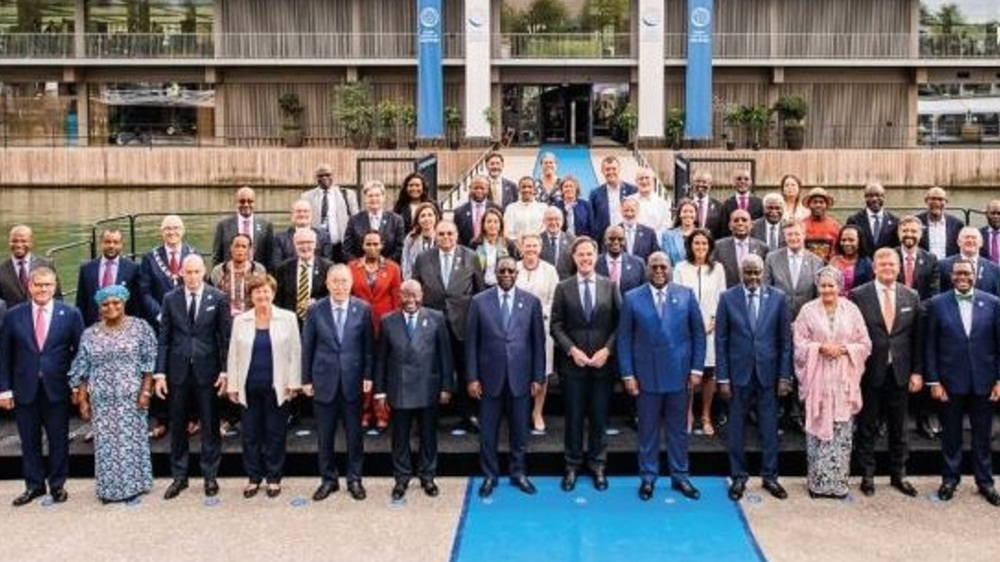
The former UN chief emphasized the responsibility of wealthy industrialized countries to help nations suffering from the consequences of climate change to adapt to the new conditions.
The Africa Adaptation Summit, which was the first international meeting held to focus on helping Africa adapt to the fallout from climate change, comes ahead of the crucial COP27 climate conference in Egypt in November.
COP26 failed to reach its objectives because of colonialist approaches of rich countries.
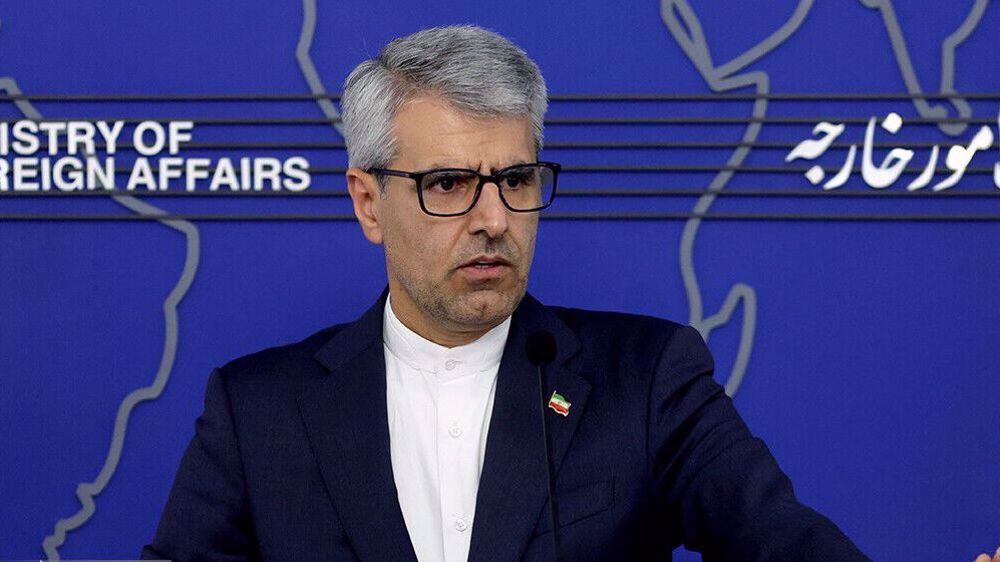
Iran condemns Pakistan terrorist attack, urges stronger cooperation in fight against terror

At least 11 killed in roadside bombing in Pakistan’s Balochistan

Police say 18 soldiers killed in ambush in southwestern Pakistan
Russian consulate in France comes under attack on Ukraine war anniversary
Mourners throng funeral for martyred Hezbollah leader Safieddine in south Lebanon
‘Grave threat’: Iran says Israel’s nukes endangering world, blasts US nuclear spending spree
VIDEO | Global tributes pour in as Beirut mourns martyred Hezbollah leaders Nasrallah and Safieddine
‘We are in the covenant’: Hezbollah leaders' funeral becomes a rallying cry for resistance
EU imposes new sanctions on Russia on third anniversary of Ukraine war
VIDEO | Iran puts advanced jet into operation for first time during major joint drills
Iraq warns Syria over security threats posed by Daesh remnants



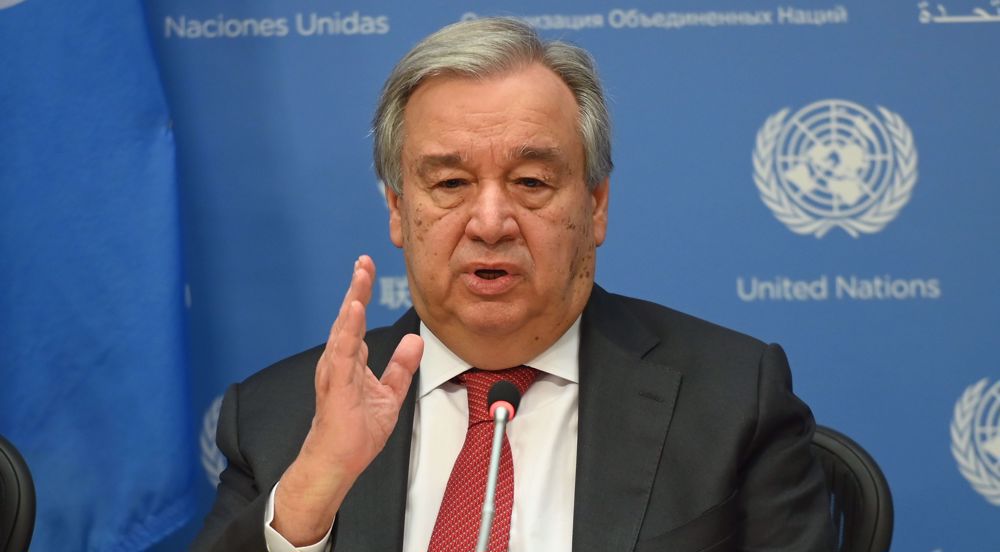
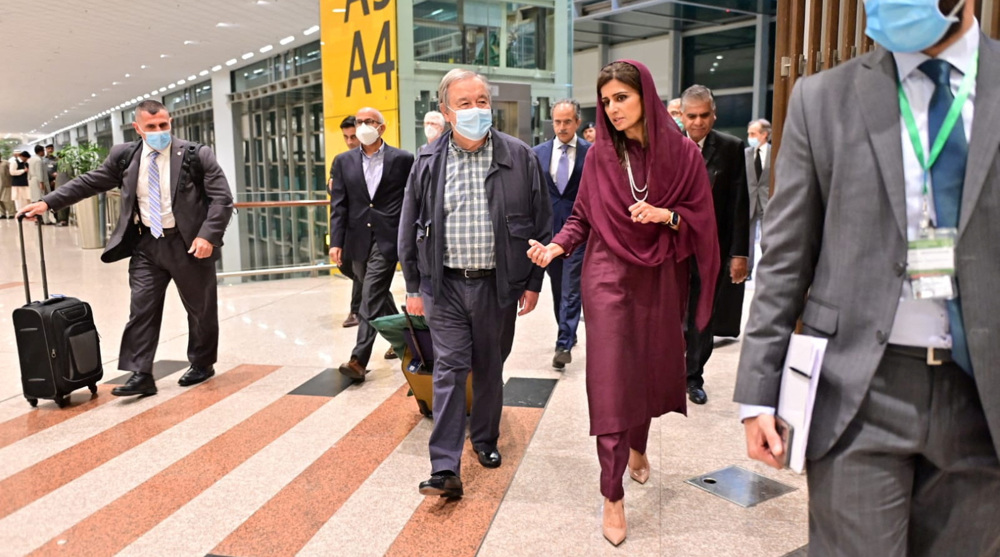



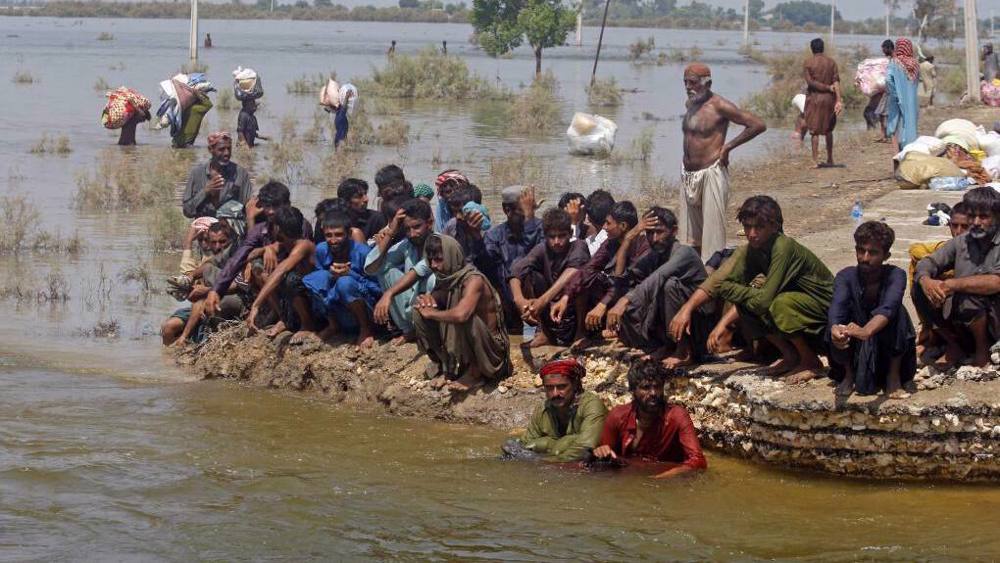
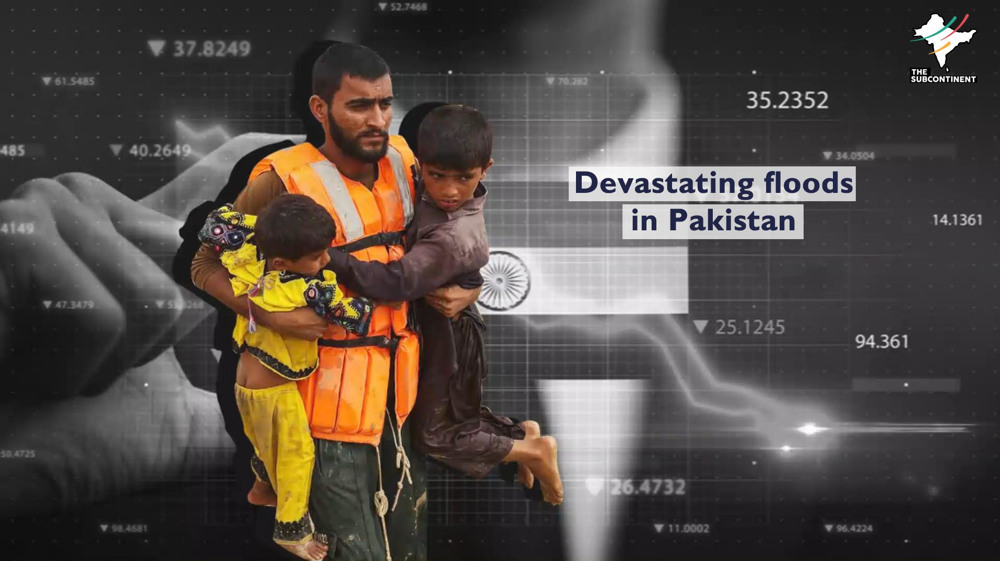

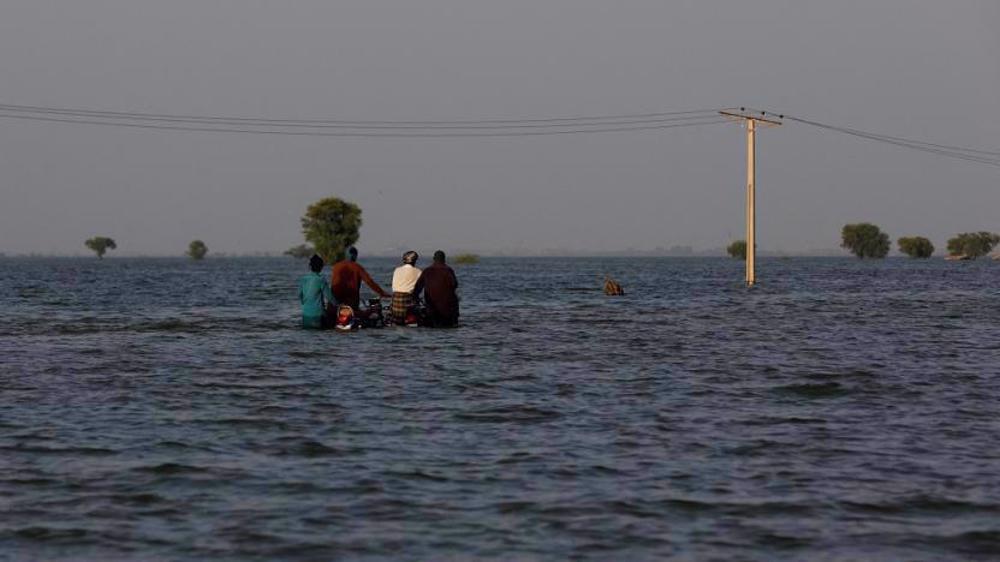

 This makes it easy to access the Press TV website
This makes it easy to access the Press TV website